
Spiritual Therapy
Just like there is physical therapy to rehabilitate a body, so too, there is “spiritual therapy” – simple daily exercises which can rehabilitate the soul.

In my last article Ordeal to Opportunity, I discussed the practical aspects of what happened in the immediate aftermath of being hit by a pickup truck and flying through the air, and landing on the pavement. I decided that since G-d is sending me now to physical therapy sessions, clearly it would be appropriate to engage in some spiritual therapy as well.
The goal is to enhance gratitude, humility and emuna. I decided to reinstitute some spiritual practices that were successful in the past but have fallen by the wayside.
One thing for sure, is that I can never take my health for granted again. One way to gain heightened sensitivity and gratitude for good health is to make regular visits to a local hospital. I look at the departments in the directory one by one. I thank Hashem that I don't need the services of each of these units. “Thank You, Hashem that I don't have to be in a cancer patient ward. Thank You that I do not need the services of the doctors who specialize in digestive disorders” and so on. When I finish going through the whole list, I pull out the book of Psalms and say a prayer for a full and speedy recovery for all of the people who are patients in the hospital. I've got to make sure that I make this a regular practice and not let it lapse again.
I think it's time for me to immerse myself in the principles of Rabbi Arush’s book The Garden of Gratitude. Yes, I have thanked Hashem for many of my blessings during my daily hitbodedut (personal prayer) sessions. However, these thanks have not been as detailed and intense as they could and should be.
I'm going to try to thank Hashem for things large and small throughout the day. It's hard to do this for everything globally and consistently all at once. Therefore I think one area to start would be to adopt the practice of Rebbe Nacham and thank Hashem during meals for every single item of food. “Thank you for the bread, thank you for the vegetables, thank you for the salad, thank you for the coffee, thank you for the spices that make the food so delicious.” While I'm at it, I think it's a good idea to thank anyone who prepared the food, especially my wife. As a safety measure, before giving detailed and enthusiastic thanks, I had better make sure she's sitting down in case she faints from the shock!
Finally, I need to implement Rebbe Nachman’s teaching that it’s important to pray before every experience or task. Doing this ensures that we realize that we are helpless without Hashem’s assistance. Besides eliciting His protection, we catapult ourselves to a closer relationship with the Almighty and build our emuna.
Just a few weeks ago I had been discussing this lesson with my learning partner. We talked about how we should pray even before crossing the street. I wish I had remembered that the day I was struck by a pickup truck! We all take for granted that crossing the street is something easy, which we can do on our own. When I was in the hospital I found out that there are massive numbers of injuries incurred by pedestrians being hit by cars or bikes when trying to cross the street.
Additionally, I'm going to practice what I teach young drivers in my household. The most important part of driving is to pray to Hashem before starting the car and ask that you have a safe journey and that you don’t hurt anyone. Moreover, at the end of the journey, even a short one in the neighborhood, one should give thanks to Hashem for the successful trip.
Rabbi Arush says that even if you are driving within the city, or getting on a local bus or even walking around – when normally you are not allowed to say Tefillat Haderech (The Traveler’s Prayer) – you still should say the prayer, just without saying Hashem’s name at the end. Meaning, say the entire prayer normally, but at the end, instead of saying the entire blessing, say “Baruch Shomea Tefillah” – Blessed are You who hears prayer. (You can read more in Rabbi Arush’s article Travel Safe).
I'm hoping that these three practices enable me to have more fear of Heaven, along with an awareness of the continuous sovereignty and kindness of Our Father in Heaven, and more simple belief in Him. Perhaps one of these practices may work for you. If not, perhaps this will help trigger ideas that resonate with you.
May we each implement effective spiritual therapy. May our service to Hashem during the coming year be the best of our lives resulting in Divine compassion and salvation for the Jewish people and the entire world.






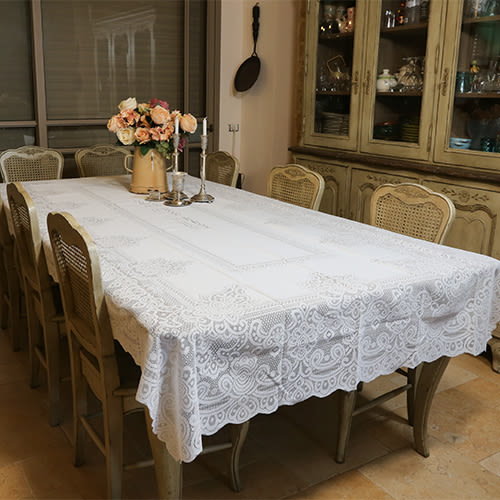
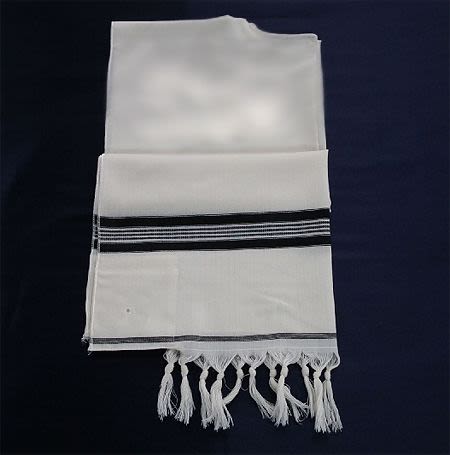
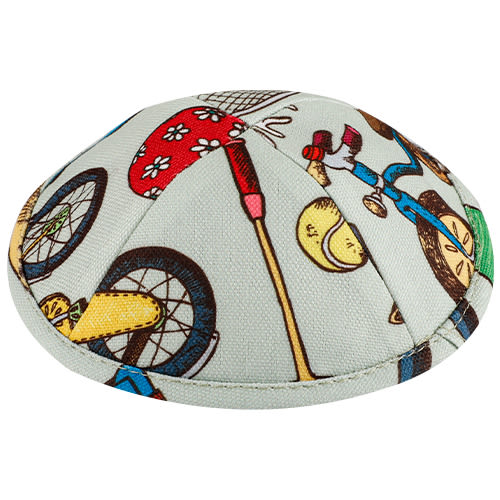
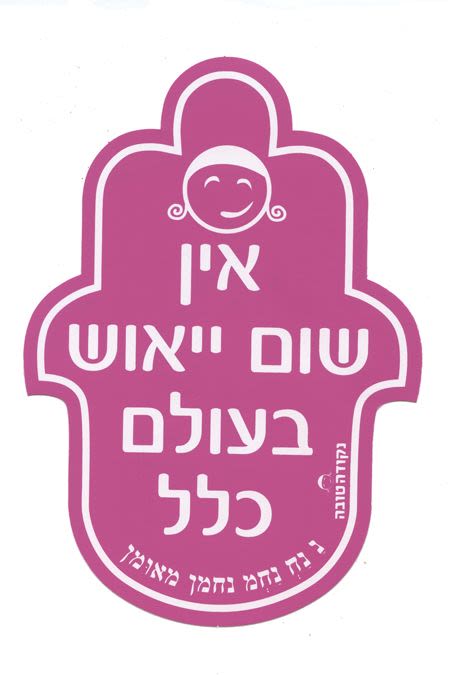
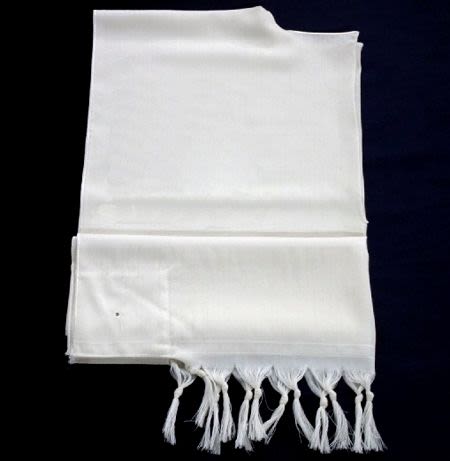
Tell us what you think!
Thank you for your comment!
It will be published after approval by the Editor.